Vladimir Putin has clearly sent a worrisome message to the West. It’s a heightened continuation of the aggressive policies he has pursued for well over a decade.
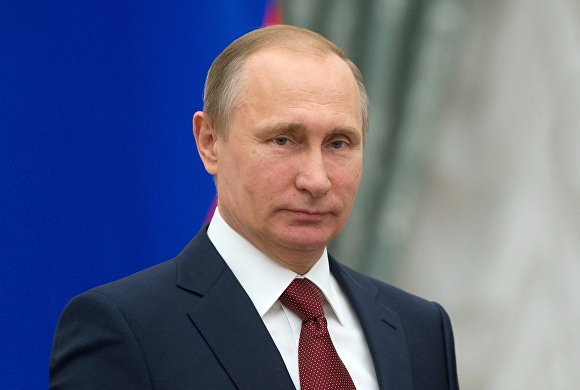
In the aftermath of the First Cold War, there was a brief “honeymoon” period between Moscow and Washington. Boris Yeltsin, who served as the first President of the Russian Federation from 1991 to 1999, did strive to find common ground with western nations. But his successor, Vladimir Putin, longed for the return of the Soviet Empire and the Kremlin’s military dominance of Eastern Europe. He has taken concrete steps towards achieving that goal.
The West was slow to catch on. But following the invasions of Georgia and Ukraine and the dramatic modernization and general upgrading of the Kremlin’s armed forces, particularly in his violation of a decades-old nuclear treaty, it would be difficult to make a case that Putin is not pursuing his dream of restoring a dominant role for his nation.
These expensive initiatives came at a time when the moribund Russian economy could barely afford to spend scarce funds. They also came at a time when there was little that could reasonably be called a threat to the nation. The United States had reduced its defense budget. European nations (as President Trump has vigorously notably complained about) had allowed their militaries to atrophy.
Neighboring China had become a solid ally. Putin highlighted that fact in his recent “State of the Nation” address, noting: “Russia’s equal and mutually beneficial relations with China currently serve as an important factor of stability in international affairs and in terms of Eurasian security, offering a model of productive economic cooperation.”
In that speech, Putin summarized some of his military’s newest advanced weapons systems:
“The work on promising prototypes and weapon systems that I spoke about in my Address last year continues as scheduled and without disruptions. We have launched serial production of the Avangard [hypersonic missile] system. As planned, this year, the first regiment of the Strategic Missile Troops will be equipped with Avangard. The Sarmat super-heavy intercontinental missile of unprecedented power is undergoing a series of tests. The Peresvet laser weapon and the aviation systems equipped with Kinzhal hypersonic ballistic missiles proved their unique characteristics during test and combat alert missions while the personnel learned how to operate them. Next December, all the Peresvet missiles supplied to the Armed Forces will be put on standby alert. We will continue expanding the infrastructure for the MiG-31 interceptors carrying Kinzhal missiles. The Burevestnik nuclear-powered cruise missile of unlimited range and the Poseidon nuclear-powered unmanned underwater vehicle of unlimited range are successfully undergoing tests.”
the Russia Beyond publication provides more details. It describes the Sarmat Nuclear Missiles as “The biggest and most devastating system in the world … It’s the only missile in the world able to cover 17,000 km before eliminating everything in its path. Every missile will have at least 15 multiple reentry vehicles (MIRV), each with a yield of between 150 and 300 kilotons, enough to blow a crater the size of the Grand Canyon. Hypersonic missiles: Another super hot addition to Russia’s weapons store: The first ever missiles able to hurtle towards their target at 2.5 km/s (eight times faster than the speed of sound). Su-57 fifth-generation fighter jets: Experimental machines of this type have already been baptized in Syria to test their devastating power, and the new missiles and bombs specially created for them. The fastest military helicopter in the world: This army chopper will be able to fly at speeds of up to 500 km/h with eight men on board armed to the teeth with devastating weaponry.”
It is important to note that these are primarily offensive, not defensive, weapons systems. They are precisely what a nation would employ to intimidate any opponent, and they were developed at precisely the same time as the U.S. and its European allies were reducing their militaries.
Frank Vernuccio serves as editor-in-chief of the New York Analysis of Policy and Government.


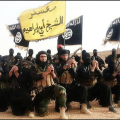
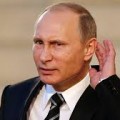
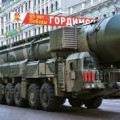
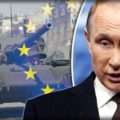











Follow Us